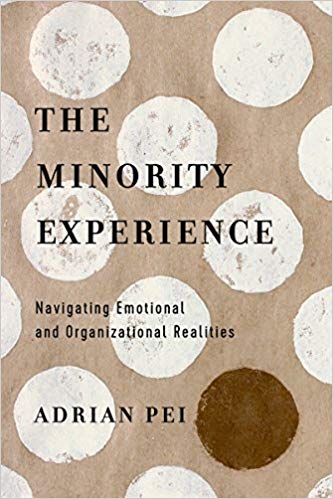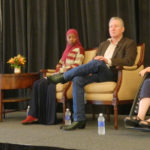Post-traumatic stress disorder is an anxiety condition that may develop after a person is exposed to one or more traumatic events. PTSD may be diagnosed when a group of symptoms—such as disturbing recurring flashbacks, avoidance or numbing of memories, and high levels of anxiety—continue for more than a month after a traumatic event.
 Jeff JohnsonMost people only associate PTSD with war. However, it has occurred in the wake of flooding in Eagle Pass, the explosion in West, floods in Austin, wildfires in Bastrop, tornadoes in Oklahoma, earthquakes in Japan and Haiti and a typhoon in the Philippines, not to mention hurricanes along the U.S. coast.
Jeff JohnsonMost people only associate PTSD with war. However, it has occurred in the wake of flooding in Eagle Pass, the explosion in West, floods in Austin, wildfires in Bastrop, tornadoes in Oklahoma, earthquakes in Japan and Haiti and a typhoon in the Philippines, not to mention hurricanes along the U.S. coast.
Texas Baptists long have been known—and still are known—for our remarkable ability to respond when a disaster or traumatic event happens. We call that disaster relief. We are on the scene with immediate physical, emotional and spiritual help. But what about the long term?
A person’s struggle with new reality in the aftermath of trauma is crucial in determining the extent to which post-traumatic stress or growth occurs. Yes, post-traumatic growth also is possible. Encouragingly, reports of growth experiences in the aftermath of traumatic events are on the increase. (Google it!) The term is officially called post-traumatic growth.
 Among the foremost predictors of post-traumatic growth are spiritual and social support. Now, this is not to say the result of trauma is heaven—rather than that other place. It’s not desirable or healthy or good, but it can lead to personal growth if surrounded by the right kind of long-term support and recovery.
Among the foremost predictors of post-traumatic growth are spiritual and social support. Now, this is not to say the result of trauma is heaven—rather than that other place. It’s not desirable or healthy or good, but it can lead to personal growth if surrounded by the right kind of long-term support and recovery.
Meet Chris Liebrum, Marla Bearden and Gerald Davis, your Texas Baptist disaster recovery leaders. This group works to provide recovery and long-term development in areas or regions affected by disasters. They help gather, transport and distribute items that meet needs in disaster areas. Through a comprehensive approach to community development, they help us work with disaster survivors throughout the long-term restoration process, which helps lead to post-traumatic growth.
Youth from First Baptist Church in Commerce will attend the new student disaster recovery camps—Bounce—this summer in West. David Scott is Texas Baptists’ leader in our student disaster recovery initiative. Bounce is a pre-packaged mission experience that provides student-ministry leaders the opportunity to mobilize their young people to impact affected areas by being the hands and feet of Christ.
Most certainly, disaster is not a good thing. One church member commented on her PTSD recovery: “Sometimes, it takes people a lifetime to realize what it’s all about. … You go through something like I did, and it grows you up a little bit with the right kind of support and help along the way. By and through (God’s) grace kind of mixing with my weakness, I am a stronger person.” Sounds rather biblical.
Want to help in Texas Baptists’ disaster recovery efforts? Post-traumatic growth? Sharing and seeing God’s power in weakness? Contact Chris, Marla, Gerald or David.
Sign up for our weekly edition and get all our headlines in your inbox on Thursdays
Jeff Johnson is president of the Baptist General Convention of Texas and pastor of First Baptist Church in Commerce.














We seek to connect God’s story and God’s people around the world. To learn more about God’s story, click here.
Send comments and feedback to Eric Black, our editor. For comments to be published, please specify “letter to the editor.” Maximum length for publication is 300 words.